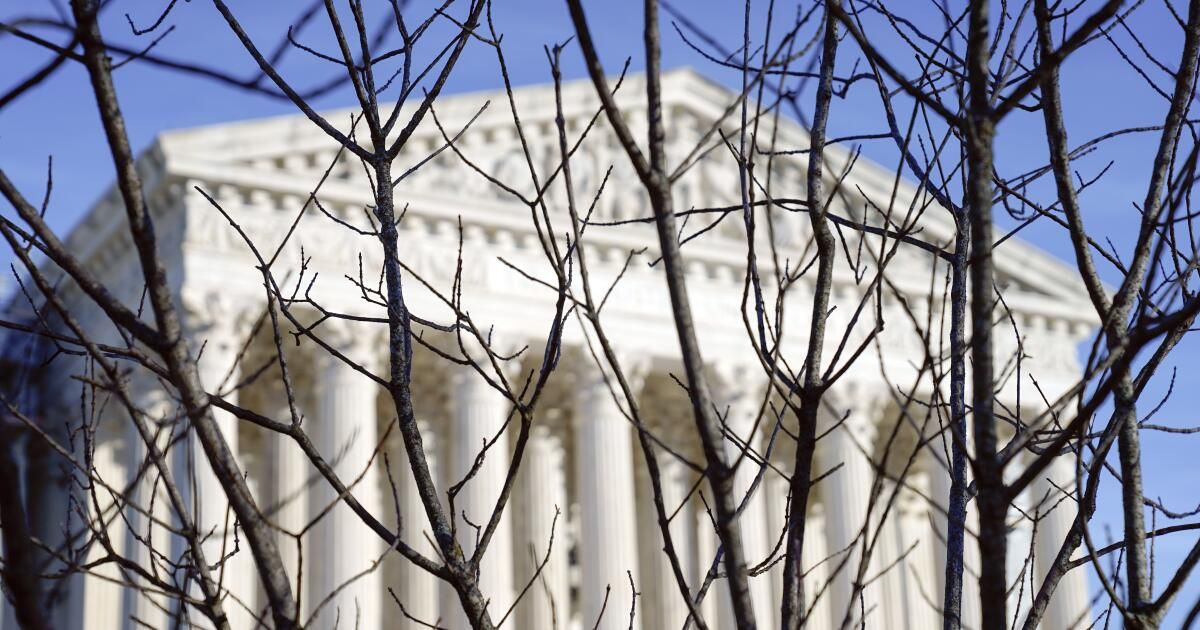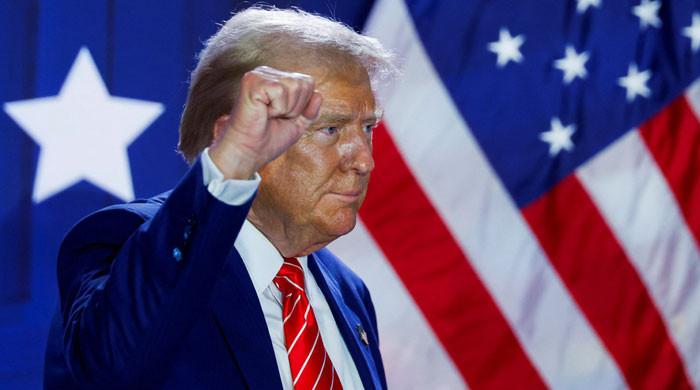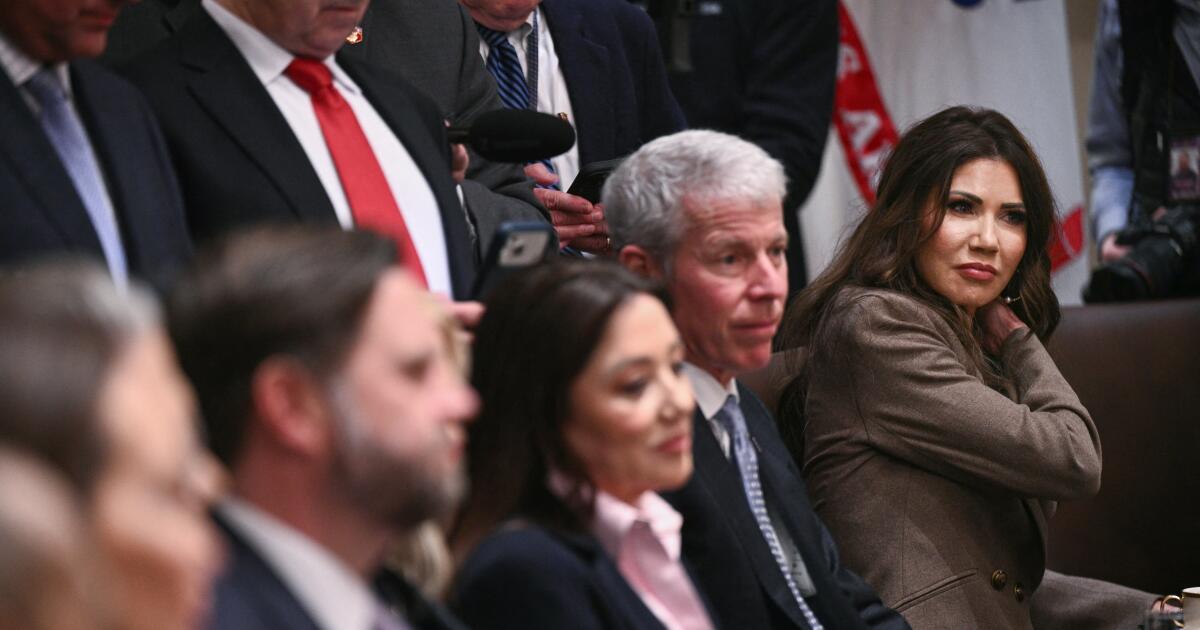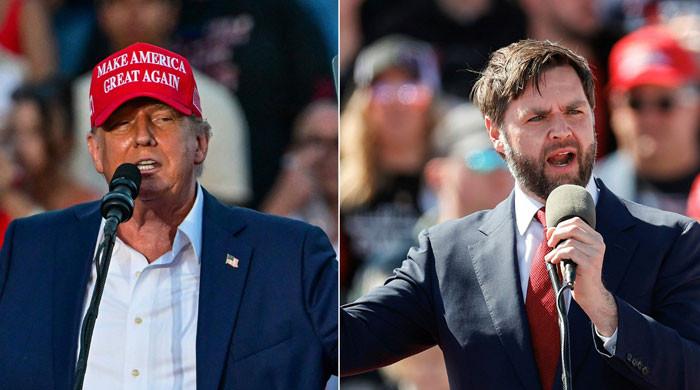I recently surmised that in considering former President Trump's eligibility to run for office under the 14th Amendment, the U.S. Supreme Court will seek a national solution that applies to all 50 states. That dictates a reversal of the Colorado Supreme Court's disqualification of Trump for participating in an insurrection, on grounds that prevent other states from following his lead.
This case is one of the rare cases in which the court should probably include broad social and political issues in its opinion. And Chief Justice John G. Roberts Jr. will look for a justification that can generate the greatest possible consensus and minimize the consequences of a divided decision.
So what are the court's options for overturning Colorado? I count six possible reasons, each of them flawed to one degree or another.
Trump did not participate in the insurrection: The court could differ from the Colorado court on this point in two ways.
First, it could determine that Trump's role in the events of January 6, 2021 did not constitute incitement to imminent anarchy and was therefore protected by the First Amendment. Trump argues that his “only explicit instructions called for protesting 'peacefully and patriotically'” and other insipid encouragements. But I find it virtually inconceivable that the court would side with Trump in this dubious characterization of events in the absence of a developed factual record.
Alternatively, the court could agree with Trump's argument that the definition of “insurrection” under the 14th Amendment should be limited to a conflict like the Civil War, consistent with the provision's historical context. On the contrary, January 6 was just a political protest that “turned violent,” his lawyers argue.
Adopting this line would drastically reduce the scope of Section 3 of the amendment, leaving it close to a constitutional nullity. Furthermore, it would contradict not only the persuasive analysis of the Colorado courts but also historical practice. Courts and Congress have disqualified federal officials for much less, including Victor Berger, whom Congress refused to seat due to his socialist and anti-World War I views.
The justices lack sufficient standards to apply the amendment: Trump's main argument is that without a statute passed by Congress providing guidance on Section 3 of the 14th Amendment, “courts lack judicially manageable standards for resolving disputes over presidential qualifications.” This implicitly invokes the Supreme Court's reasoning for withdrawing from the task of reining in extreme partisan gerrymandering.
One problem with this argument is that there is nothing inscrutable about the ban on insurrectionists. Courts determine issues of similar complexity all the time.
Second, the restriction invoked is one that the Supreme Court adopted for itself; it does not prevent state courts from acting. Thus, the Supreme Court would abandon the field and allow the states to fill the gap, an outcome it is unlikely to welcome..
The section requires authorization from Congress: This statement is subtly but importantly different from the previous one. The thing is that Section 3 is not “self-executing,” but rather requires any court to enforce a congressional action, which would be consistent with prevailing historical practice.
But it is well established that the powerful equal protection and due process provisions of Section 1 of the same amendment have great force regardless of congressional action. It is difficult to see how that principle could be upheld if the court determined that Section 3 did not have such force on its own. This argument could also encourage a future Democratic Congress to disqualify Trump from holding office.
The amendment prohibits holding office, not running for office: It is not controversial that Section 3 imposes a qualification for holding office, much like an age, residency, or citizenship requirement. But a state can certainly prevent an unqualified candidate (for example, one who will not be 35 years old by the time he takes office) from seeking office.
Colorado courts were out of step with state law: This invokes a widely discredited theory that first emerged in Bush v. Gore: that the Constitution's electors clause allows federal courts to overturn state court rulings that deviate significantly from the dictates of state law. This questionable approach would alienate progressives from the court. Furthermore, there is no plausible suggestion that the Colorado Supreme Court has significantly departed from the requirements of state law.
The president is not a federal “official” under the amendment: The Colorado trial court took advantage of this reading to back away from the precipice of disqualifying Trump. But he has problems regarding textual interpretation and sound politics. Both the Colorado Supreme Court and Maine's secretary of state exposed its weaknesses.
That sums up the unenviable hand of the Supreme Court, which does not contain even a figure, much less an ace. The reasoning that causes the least harm to other areas of the law and best fits the current case may well be that the president is not an official. The other, less implausible option, despite the tension with the first section of the 14th Amendment, would be to require congressional action to give effect to Section 3.
Neither possibility is particularly compelling, and the other possibilities are less so. And yet, if the court wants to impose a uniform federal solution that keeps Trump on the ballot in all 50 states, it is clear that it will have to settle for some deeply flawed foundation.
Harry Litman is the host of Podcast “Talking about federals”. @harrylitman












